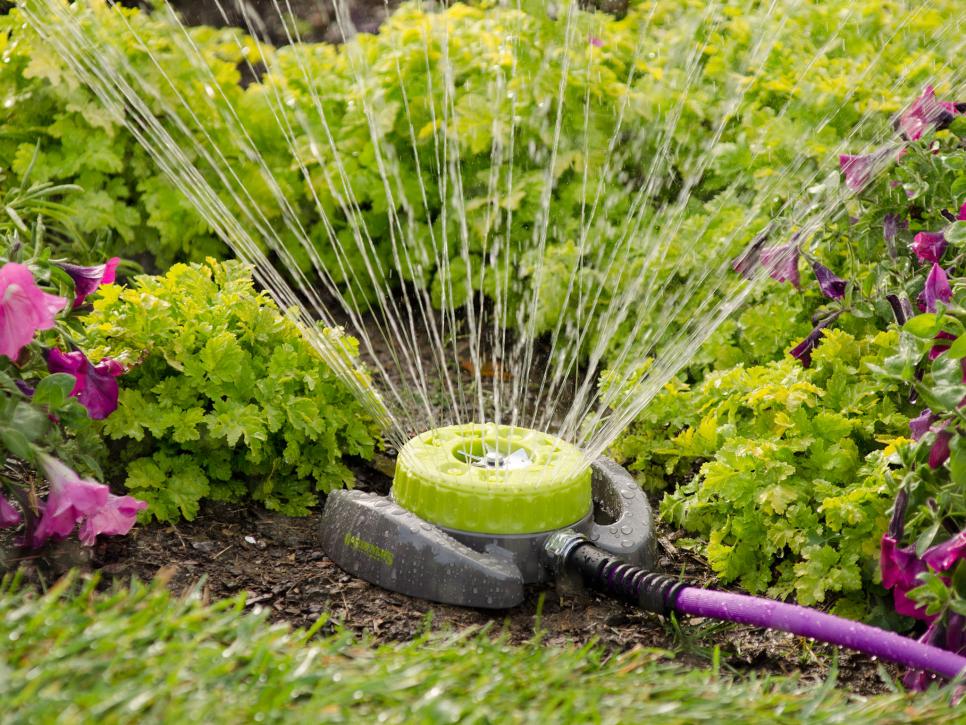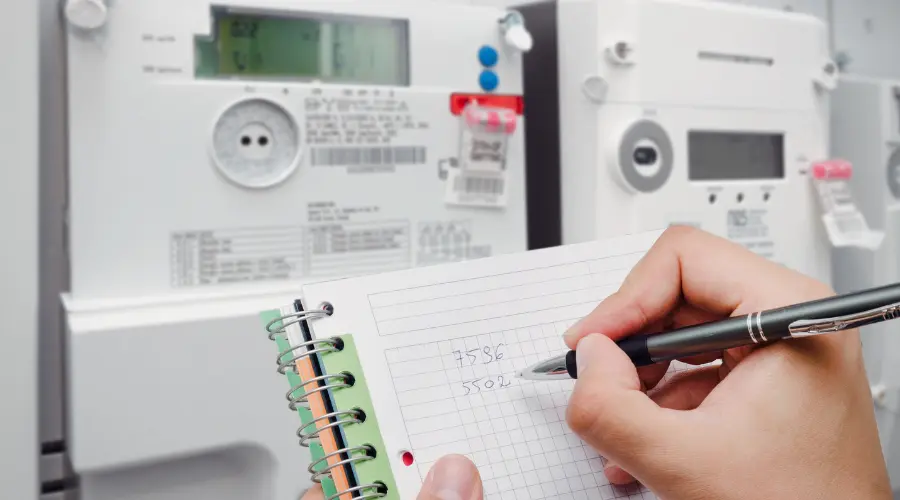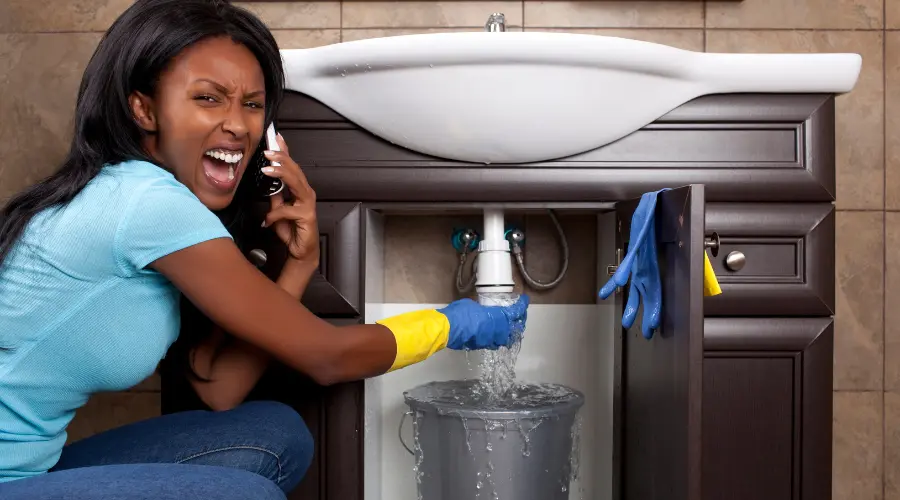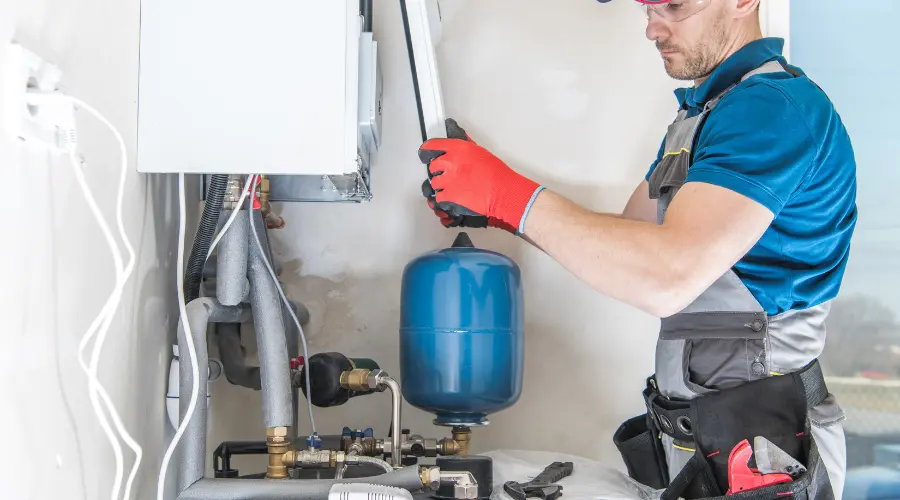Key Takeaways:
- Fix leaks early to prevent water waste.
- Optimize laundry loads and install water-efficient fixtures.
- Shorten showers and adopt mindful water usage habits.
- Collect rainwater with barrels for gardening needs.
Water Conservation Tips for Spring: How to Save Water Effectively
Water plays an essential role in our daily lives, from household use to business operations. As spring arrives and temperatures rise, it’s crucial to take proactive steps to reduce water waste and make the most of this valuable resource. Here’s a guide on how you can effectively conserve water during the spring season.
1. Fix Leaky Faucets and Pipes
Leaks can be a silent culprit behind excessive water wastage. Whether it’s a dripping faucet, a running toilet, or a leaking sprinkler system, these small issues can add up significantly over time.
- Why it matters: A single dripping faucet can waste gallons of water per day.
- Actionable tip: Check for leaks before spring arrives and fix them promptly. Hiring a professional plumber for an inspection can help detect hidden leaks.
2. Optimize Laundry Water Usage
Washing machines can use a substantial amount of water, especially when not used efficiently. Making a few small adjustments can lead to significant water savings.
- Why it matters: A full laundry load saves more water compared to multiple small loads.
- Actionable tip: Wait until you have a full load before running your washing machine. If possible, switch to a high-efficiency washer to reduce water consumption further.
3. Take Shorter Showers
Long showers can quickly contribute to unnecessary water waste. Reducing shower time, even by just a few minutes, can make a big difference.
- Why it matters: The average shower uses about 2.5 gallons of water per minute.
- Actionable tip: Aim to keep showers under five minutes. Consider using a low-flow showerhead to reduce water usage without sacrificing water pressure.
4. Install Water-Efficient Fixtures
Modern water-efficient fixtures can significantly cut down on water consumption while maintaining performance.
- Why it matters: Traditional fixtures use more water than necessary.
- Actionable tip: Upgrade to water-saving faucets, toilets, and showerheads. Look for fixtures with the WaterSense label, which indicates efficiency without compromising effectiveness.
5. Use Rain Barrels for Outdoor Watering
Spring brings frequent rain showers, making it the perfect time to collect and store rainwater for later use.
- Why it matters: Rain barrels provide a sustainable water source for gardens, lawns, and even indoor plants.
- Actionable tip: Install rain barrels near gutters to collect water naturally. Be sure to keep them covered to prevent mosquito breeding.
6. Adjust Sprinkler Systems and Water Lawns Wisely
With warmer temperatures, many homeowners ramp up their lawn watering. However, without proper water management, this can lead to excessive waste.
- Why it matters: Overwatering not only wastes water but can also harm plants by causing root rot.
- Actionable tip: Water your lawn early in the morning or late in the evening to reduce evaporation. Consider using drip irrigation systems for targeted watering.
7. Reuse Water When Possible
Being mindful of water reuse can significantly help conservation efforts.
- Why it matters: Small daily habits can lead to substantial savings over time.
- Actionable tip: Use leftover water from washing vegetables or rinsing dishes to water plants. Collect and repurpose water whenever possible.
8. Educate Family Members About Water Conservation
Saving water is a collective effort. Educating your household on best practices ensures that conservation habits become a part of daily life.
- Why it matters: Simple habits adopted by all household members can amplify savings.
- Actionable tip: Encourage children and family members to turn off taps while brushing their teeth and to be mindful of their water use.
Frequently Asked Questions (FAQ)
1. How much water can I save by fixing leaks?
A single leaky faucet dripping at one drop per second can waste over 3,000 gallons per year. Fixing leaks early prevents excessive water waste.
2. Are water-efficient fixtures expensive?
While some high-end models may be costly, many affordable options exist. Investing in WaterSense-certified fixtures often pays off through reduced water bills.
3. How much water does a full laundry load save?
Washing a full load instead of multiple smaller loads can save up to 5-10 gallons of water per cycle, depending on the machine type.
4. Is rainwater safe for indoor use?
Rainwater is best used for outdoor purposes like gardening. For indoor use, it must be properly filtered and treated.
5. What’s the best time to water my garden?
Early morning or late evening is best, as it minimizes evaporation and ensures plants absorb water effectively.
By implementing these water-saving practices, you can significantly reduce your household’s water consumption this spring while contributing to environmental conservation. Start small, stay consistent, and watch your efforts make a lasting impact!
Need Professional Plumbing Assistance? Contact CBJ Plumbers in West New York, NJ!
CBJ Plumbers in West New York, NJ, are experts in detecting water leakages and plumbing issues, even in their early stages. We are highly trusted and reliable, ensuring that no job is left unfinished. Our commitment to quality service and customer satisfaction sets us apart.
We value the relationships we build with our clients, which is why we take utmost care in delivering exceptional service.
Contact us today at (201) 977-6775 to schedule a consultation!




